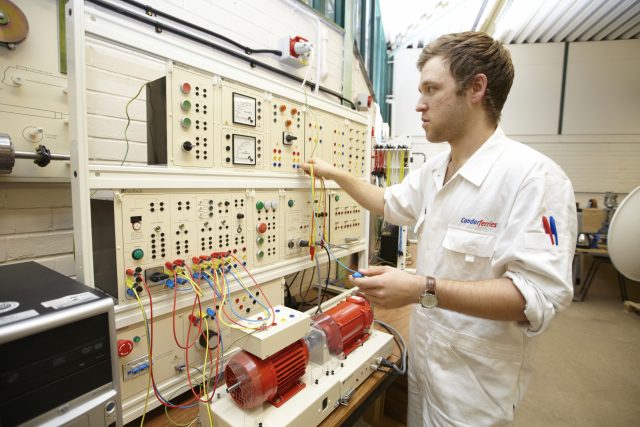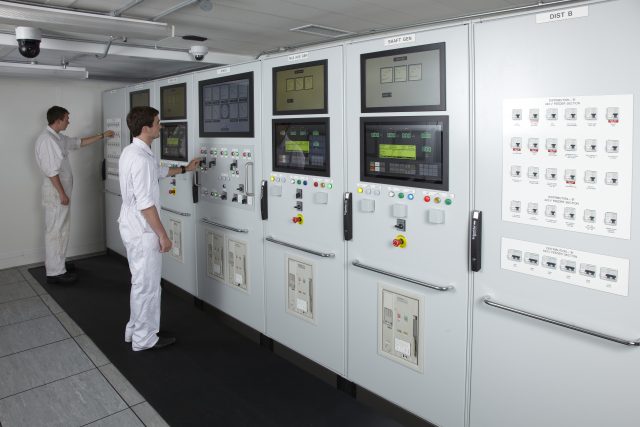Career Progression
After Officer Cadet Training
Once you have gained your initial OOW certification, further training and experience will facilitate career progression to the qualifications needed to become a ship’s master (frequently referred to as captain), who is in overall command of the ship; a chief engineer, who is in charge of all the engineering and technical services; or a chief electro-technical officer with overall responsibility for controlling engineering and electronic systems.
It typically takes a further five or six years to achieve these senior qualifications, and promotion will depend on merit and opportunity, as well as holding higher-level qualifications.
Navigation (Deck) Officers
Newly-qualified navigation (deck) officers will usually join their company’s fleet as a third officer, undertaking bridge watchkeeping duties at sea and operational duties in port, with responsibility for the safety of the crew, ship, cargo and environment. As their skills and experience develop, young officers progress to higher certificates of competency, leading eventually to certification as Captain and possibly commanding their own vessel.
Numerous opportunities also exist for qualified navigation officers ashore. Shipping companies often recruit shore based marine superintendents and fleet operations staff from their seagoing officers. Harbour authorities recruit experienced officers to train as pilots, harbour masters and port operations managers. Classification societies, such as Lloyd’s Register of Shipping, and marine insurance companies require the skill and experience of ship’s officers to fill roles such as hull and cargo surveyors. The MCA also requires surveyors and examiners, and maritime colleges recruit lecturers and assessors.
Marine Engineer Officers
Newly-qualified marine engineer officers will usually join their company’s fleet as a fourth engineer officer, undertaking engine room watchkeeping duties and having responsibility for the safe and efficient operation of the ship’s main propulsion unit and other vital services. As their skills and experience develop, young officers progress to the higher certificates of competency, leading eventually to the chief engineer officer’s certificate and possibly to the position of Chief Engineer.
Marine engineer officers acquire a range of transferable skills through professional development and experience which have many applications in jobs ashore both related and unrelated to the marine industries. Shipping companies often recruit their shore based engineering superintendents from seagoing staff, and classification societies and marine insurance companies recruit machinery surveyors from the same source. The MCA also requires surveyors and examiners, and maritime colleges recruit lecturers and assessors.

Marine Electro-Technical Officers (METOs)
Newly-qualified marine electro-technical officers will normally work within the engineering department, assisting the marine engineer officers with their specialist knowledge of control engineering and electronic systems, including propulsion control, radio communications and electronic navigation aids. Fault diagnostics and repair of a range of electrical and electronic equipment is a prime responsibility.
METOs may have the opportunity to develop their careers along a professional electrical engineering path, perhaps leading to the rank of chief electro-technical officer, chief technical officer or electrical superintendent (company dependent).
METOs also acquire a range of transferable skills through professional development and experience, which have many applications in jobs ashore, both related and unrelated to the marine industries.
For further information, please select the appropriate link below:

